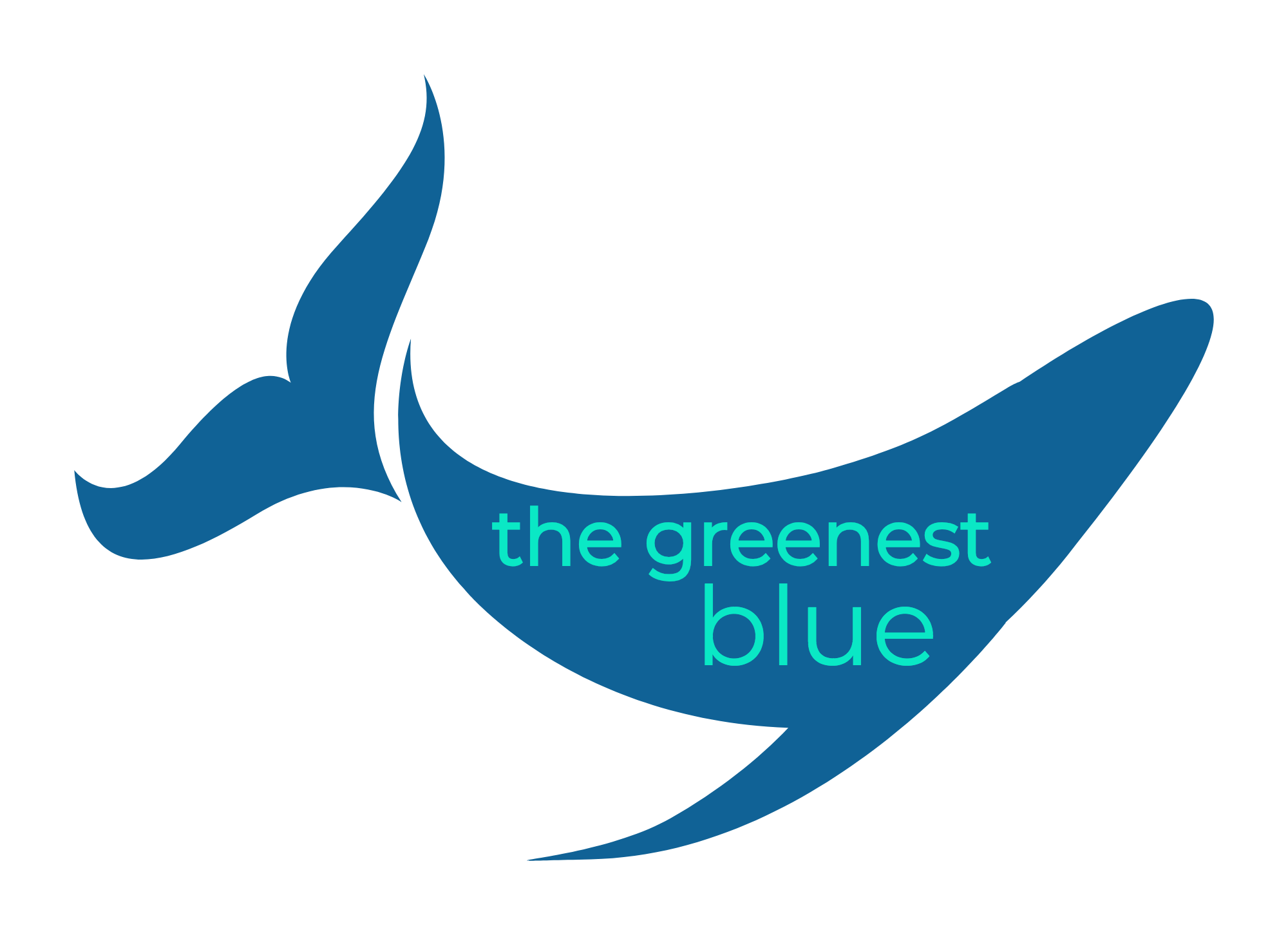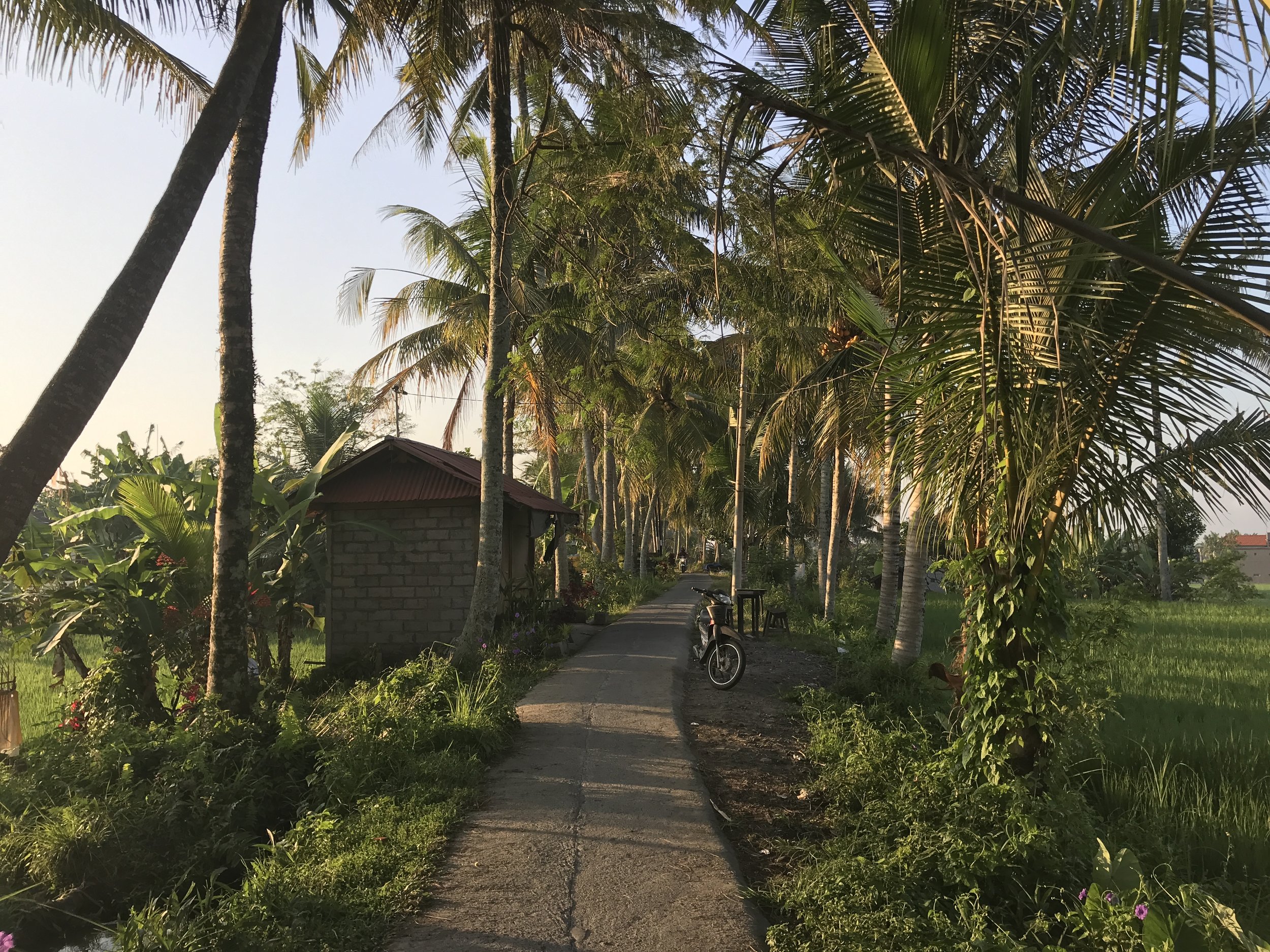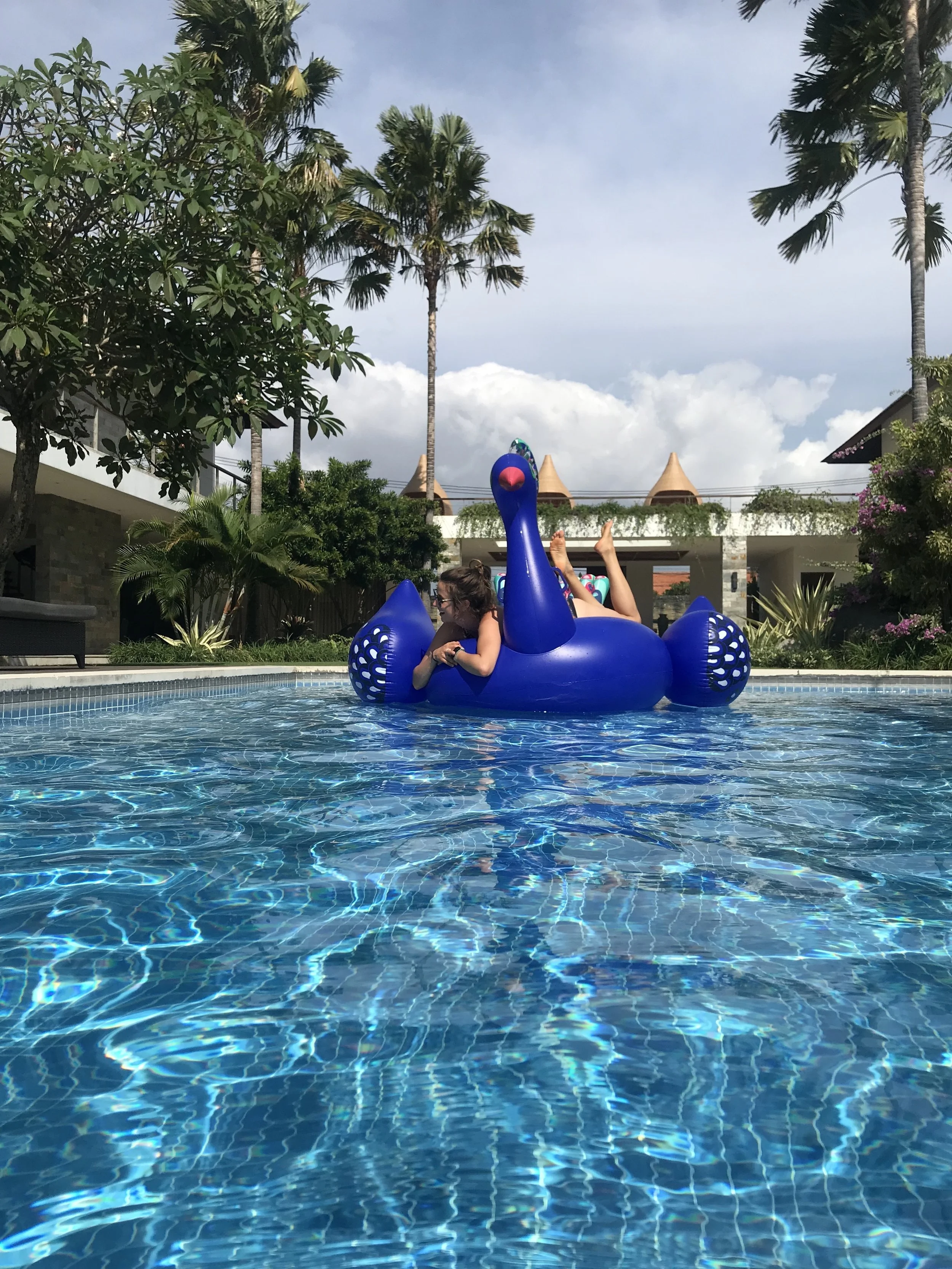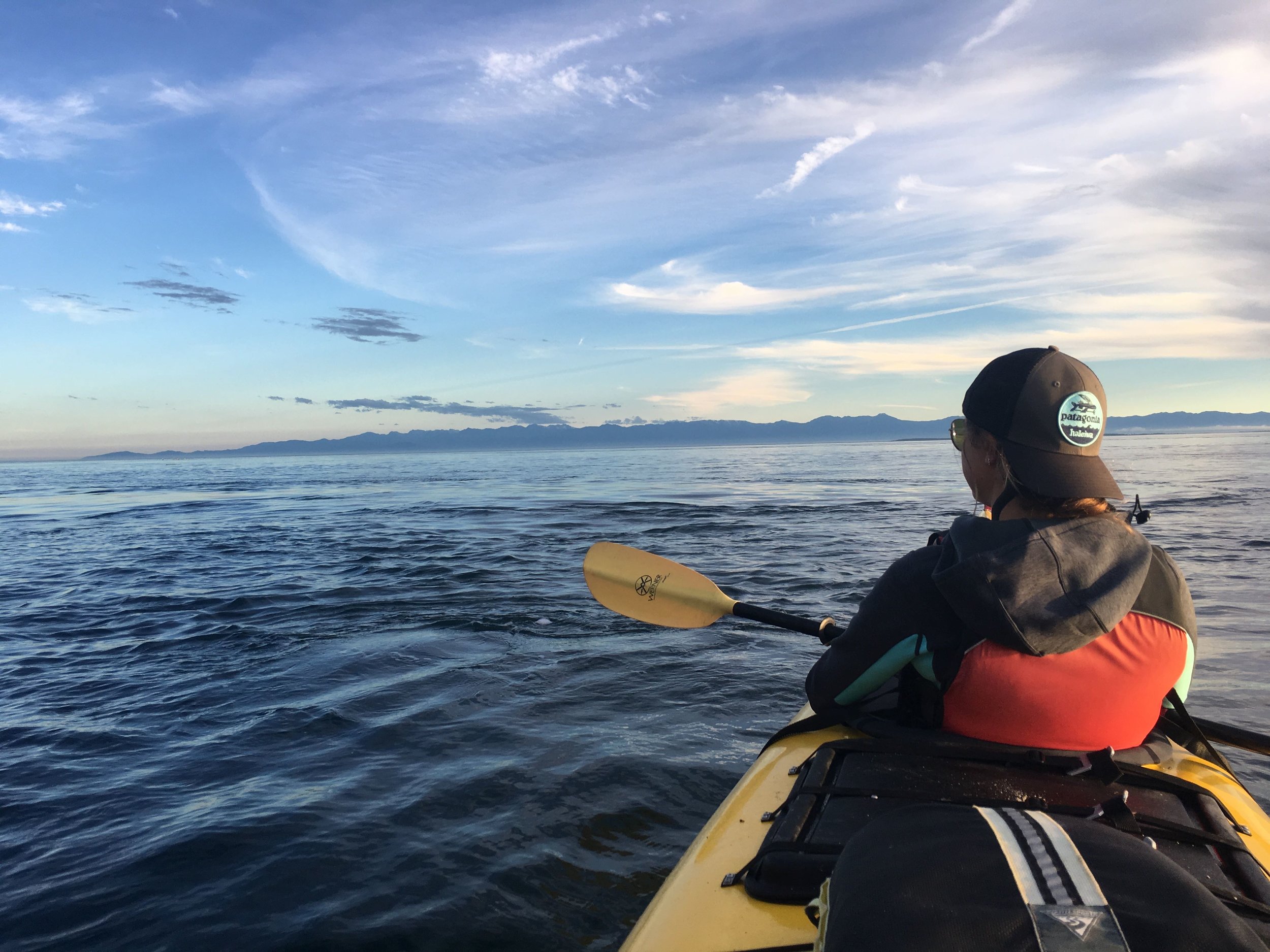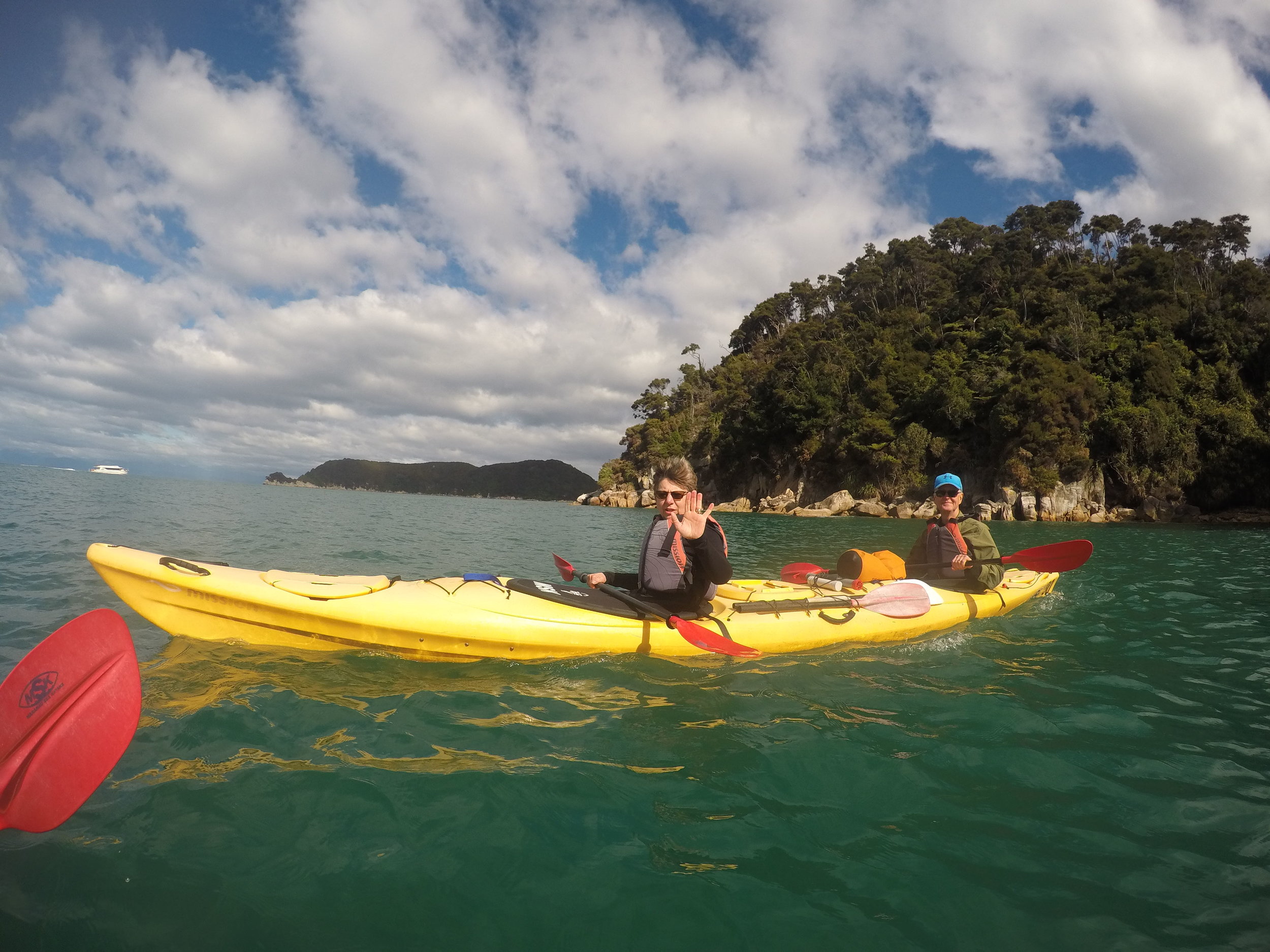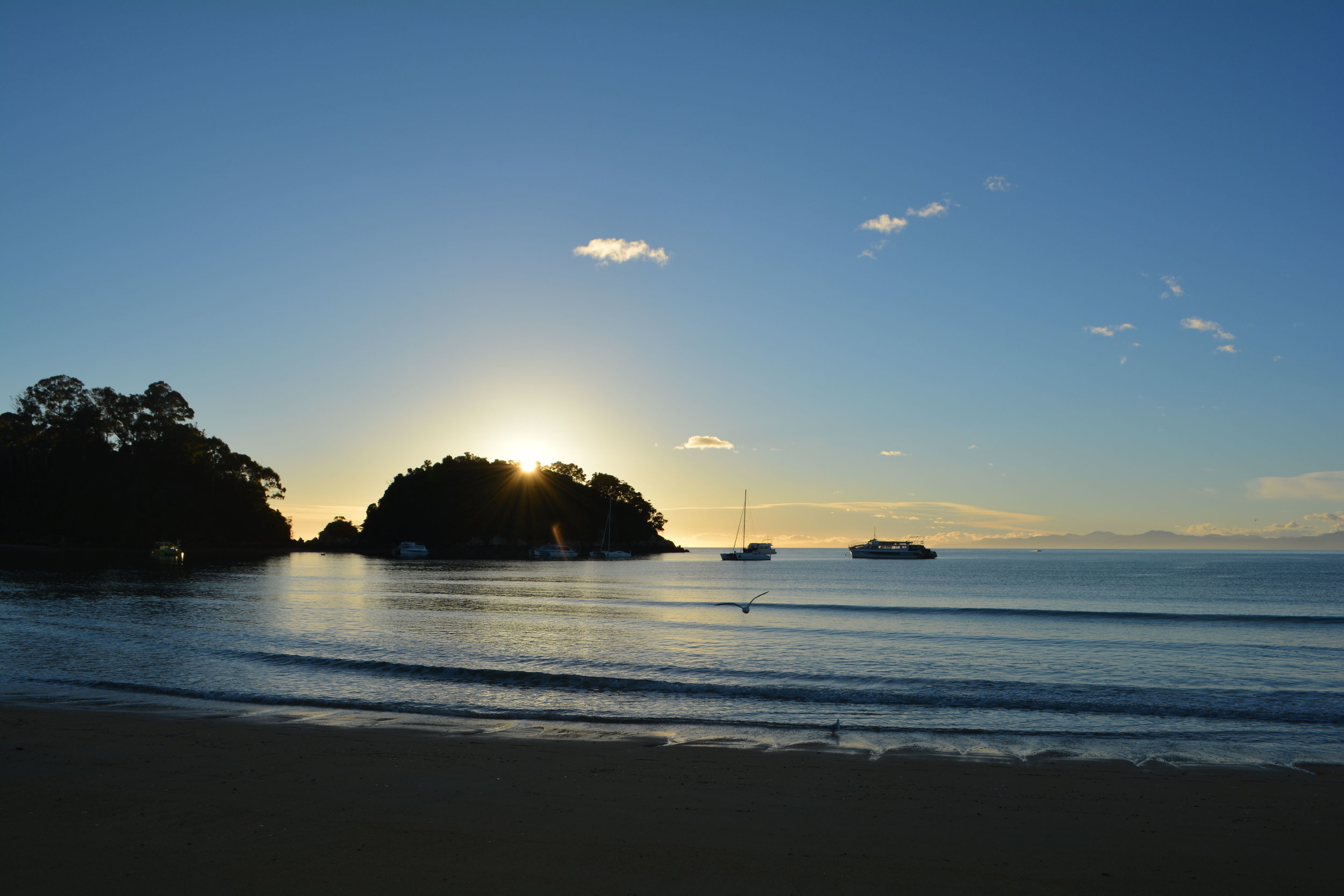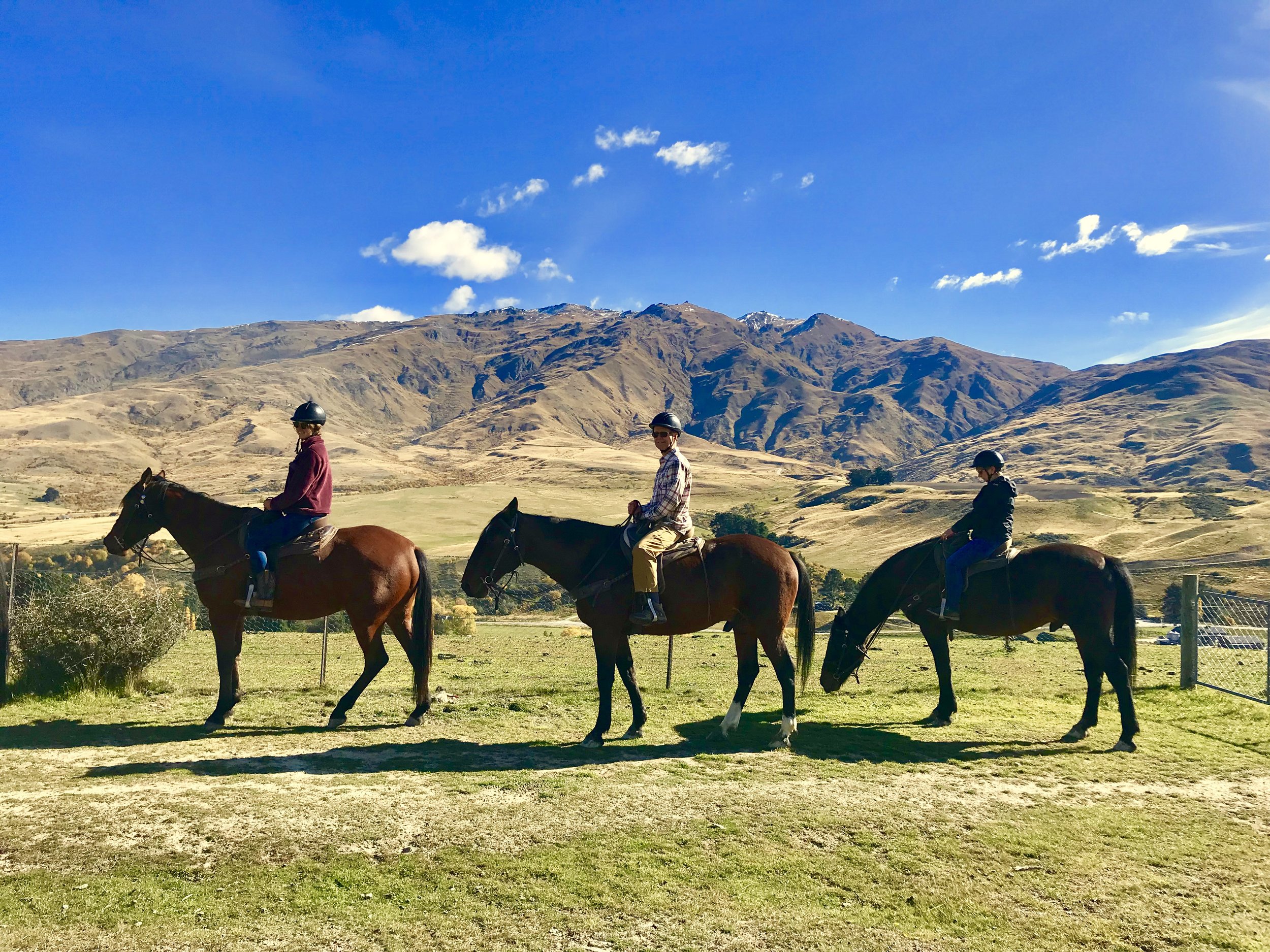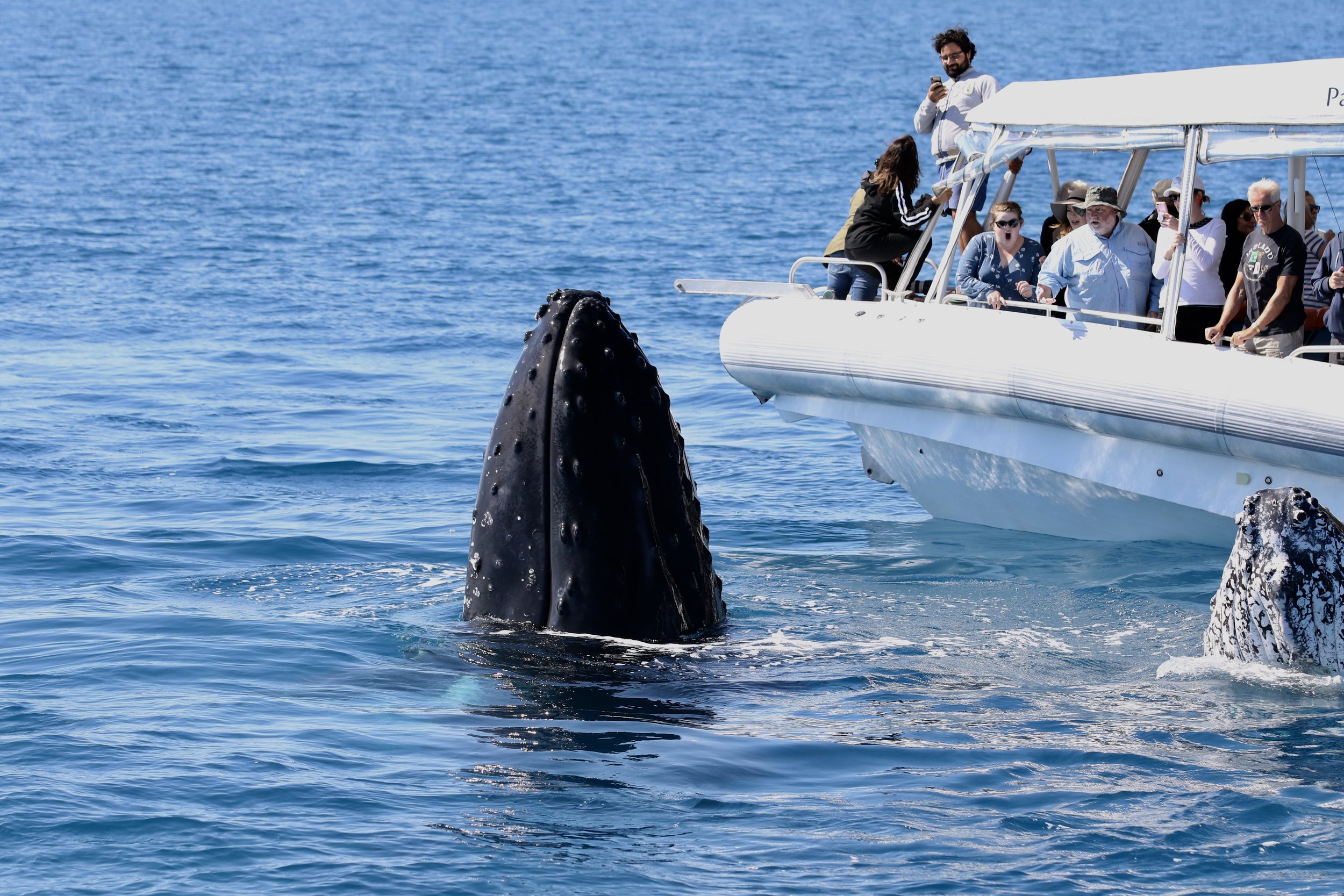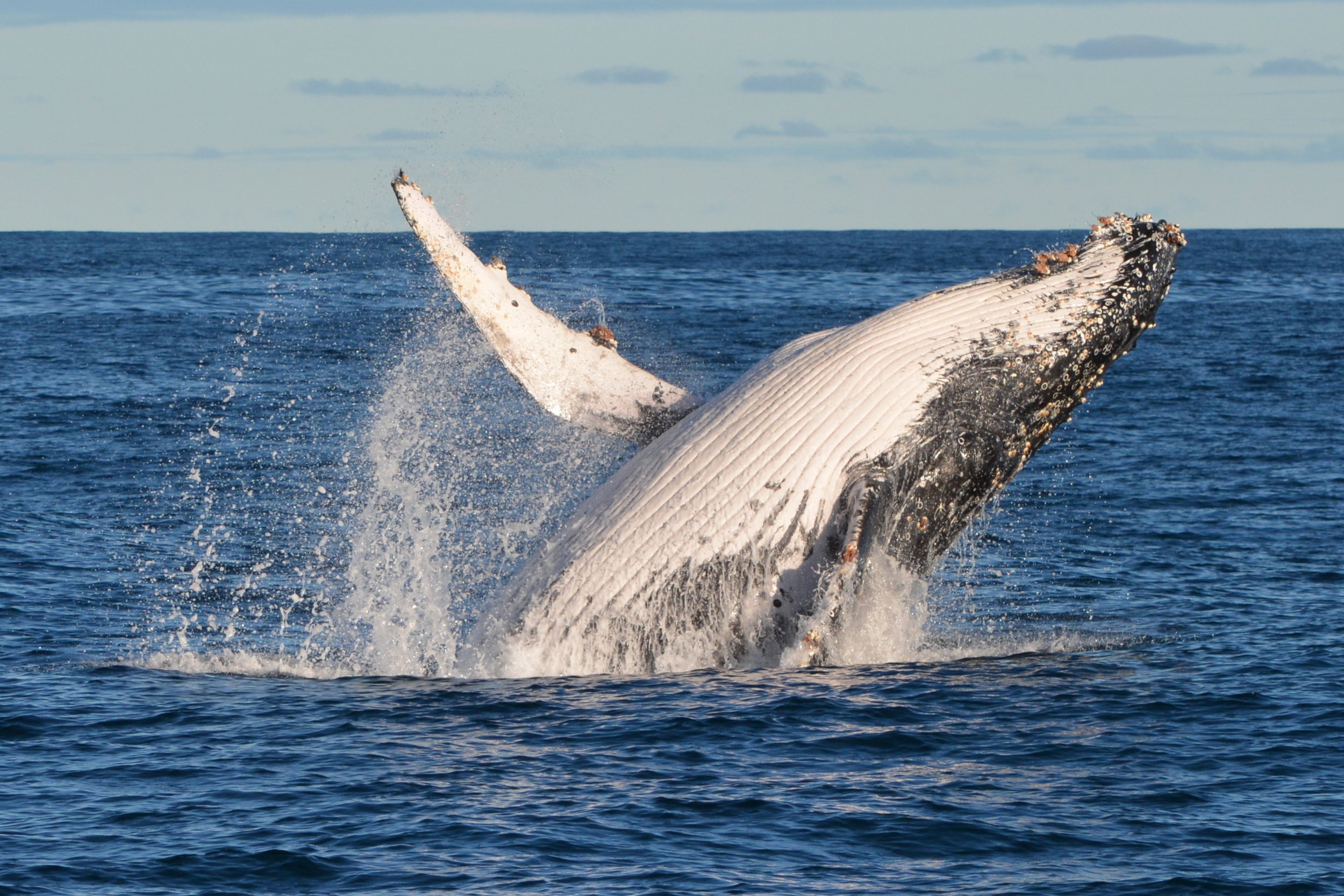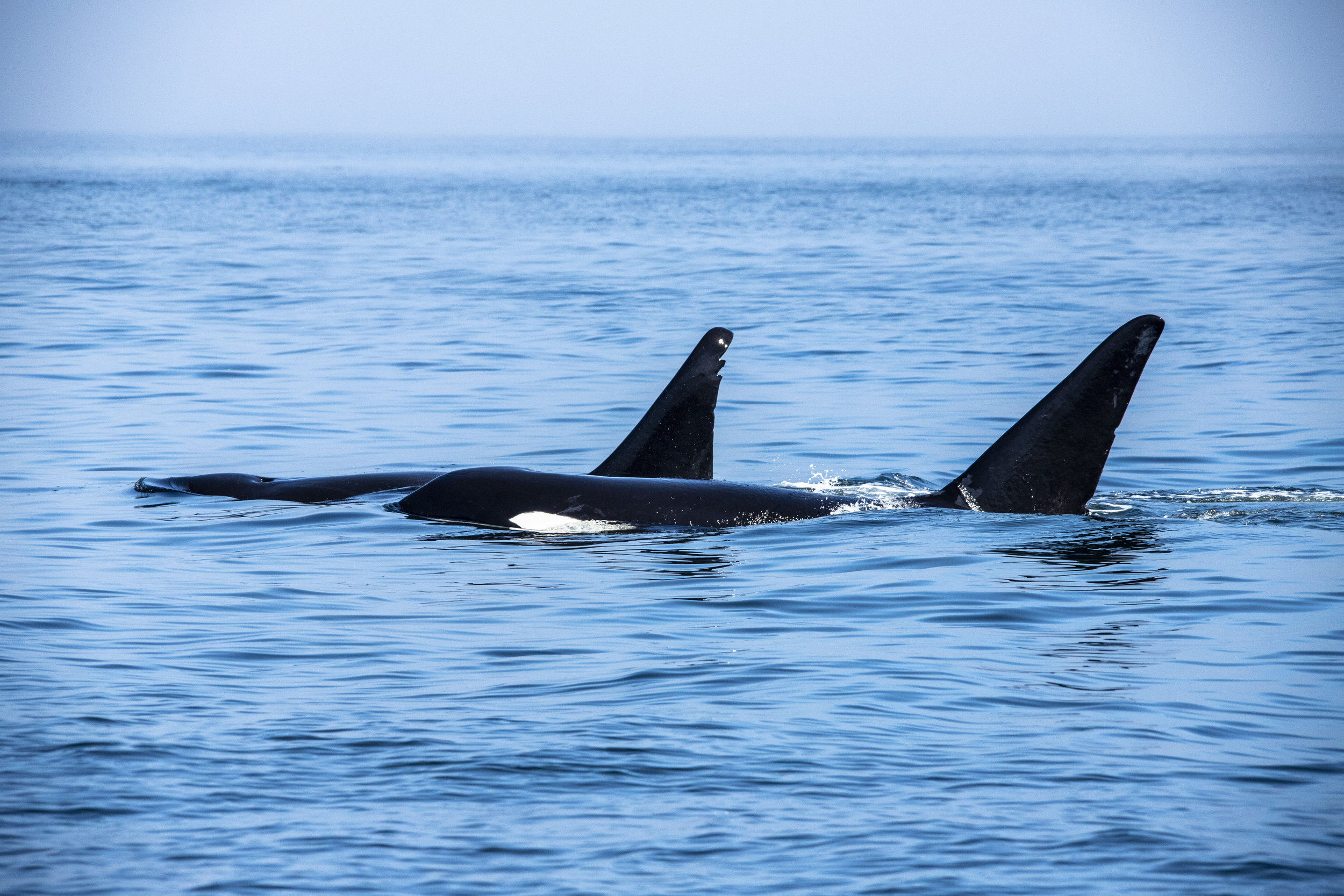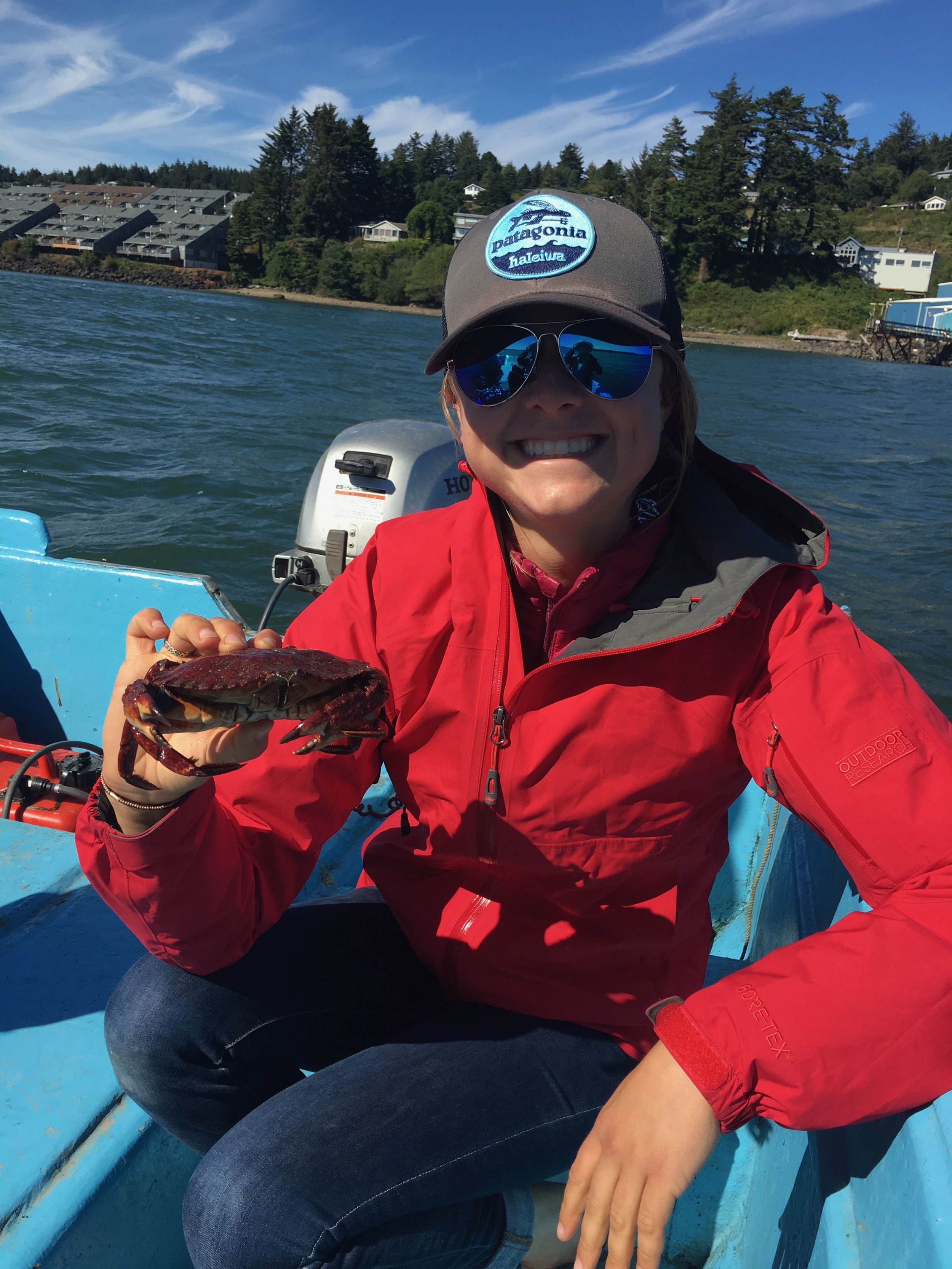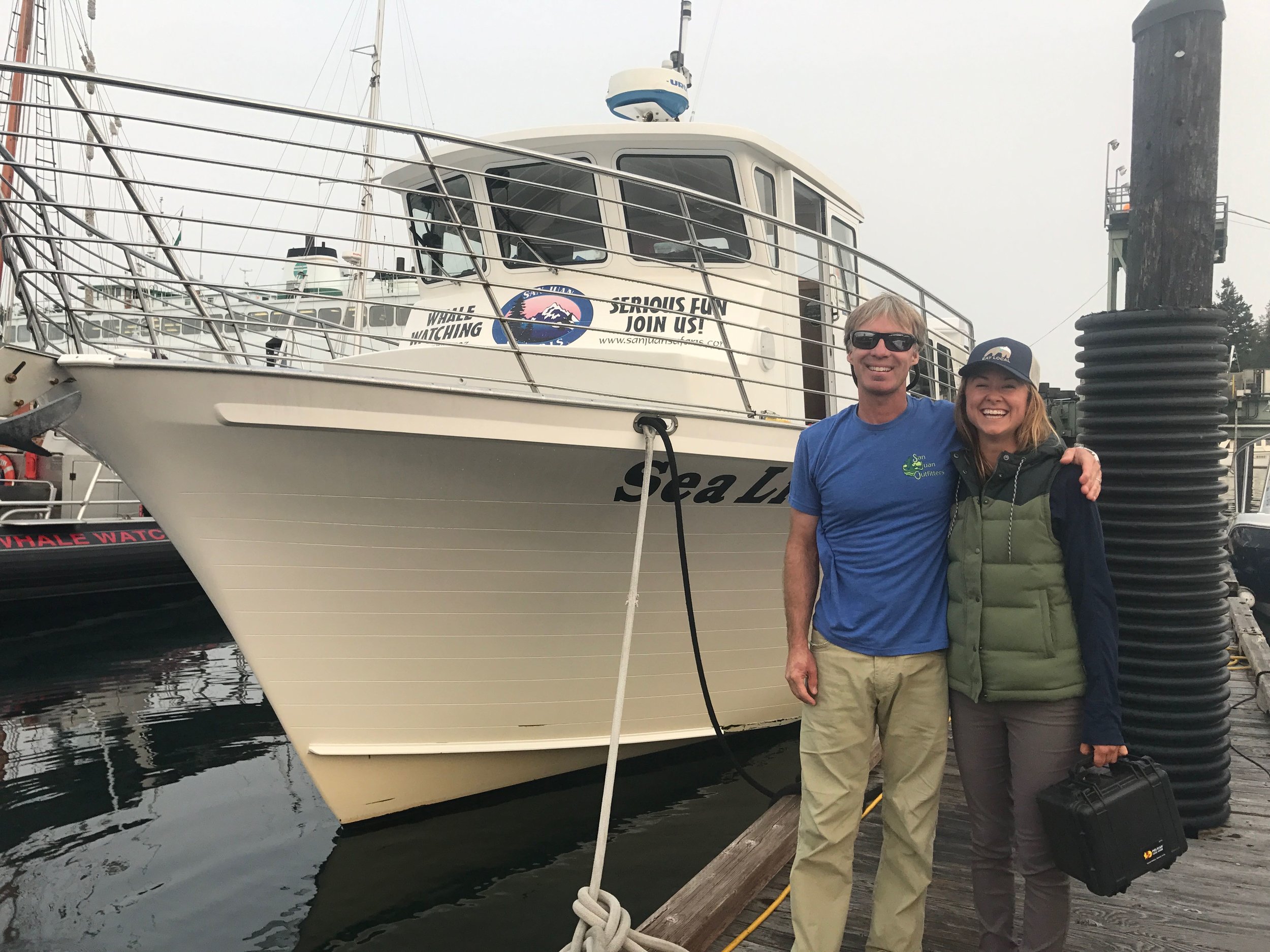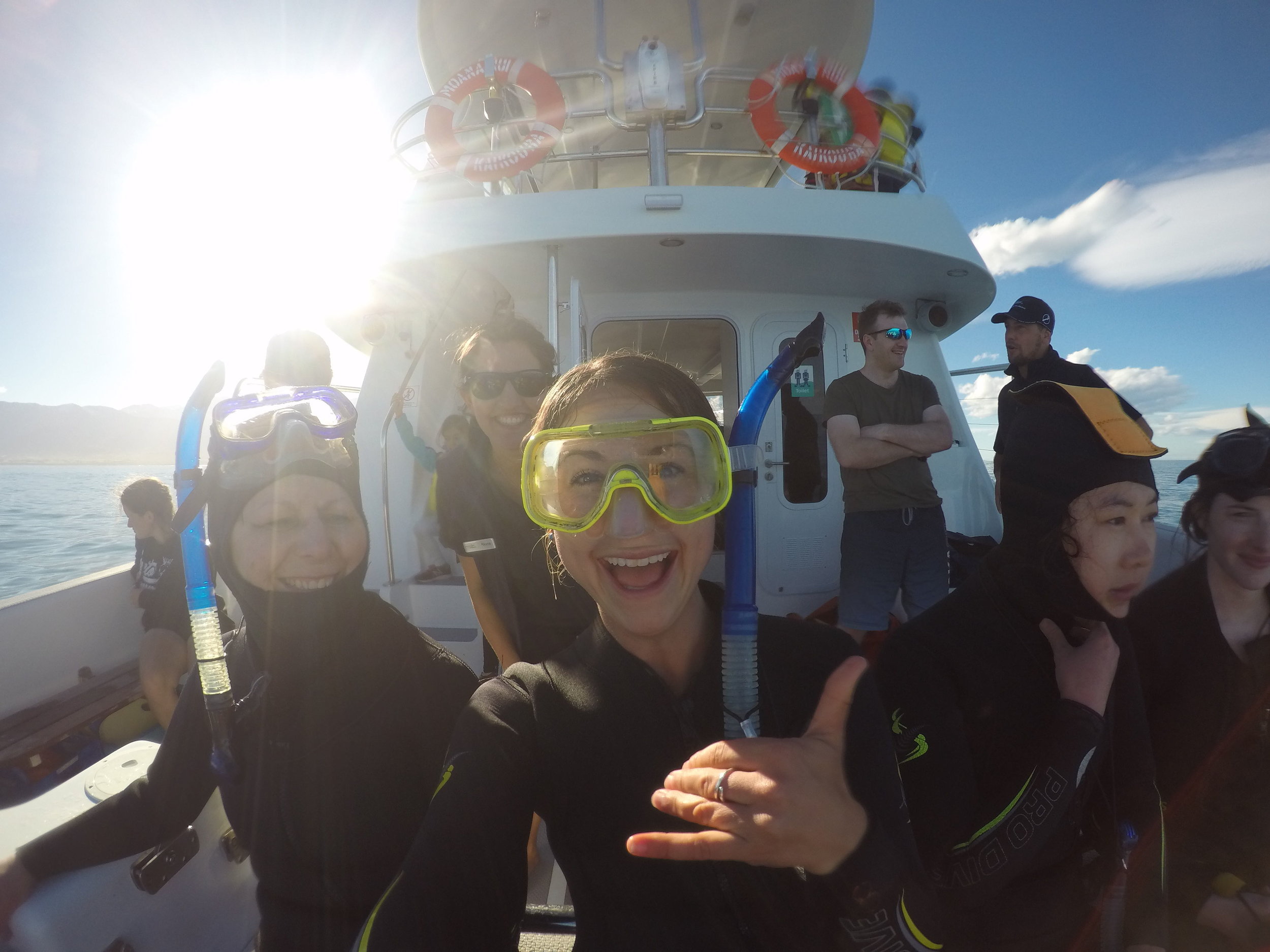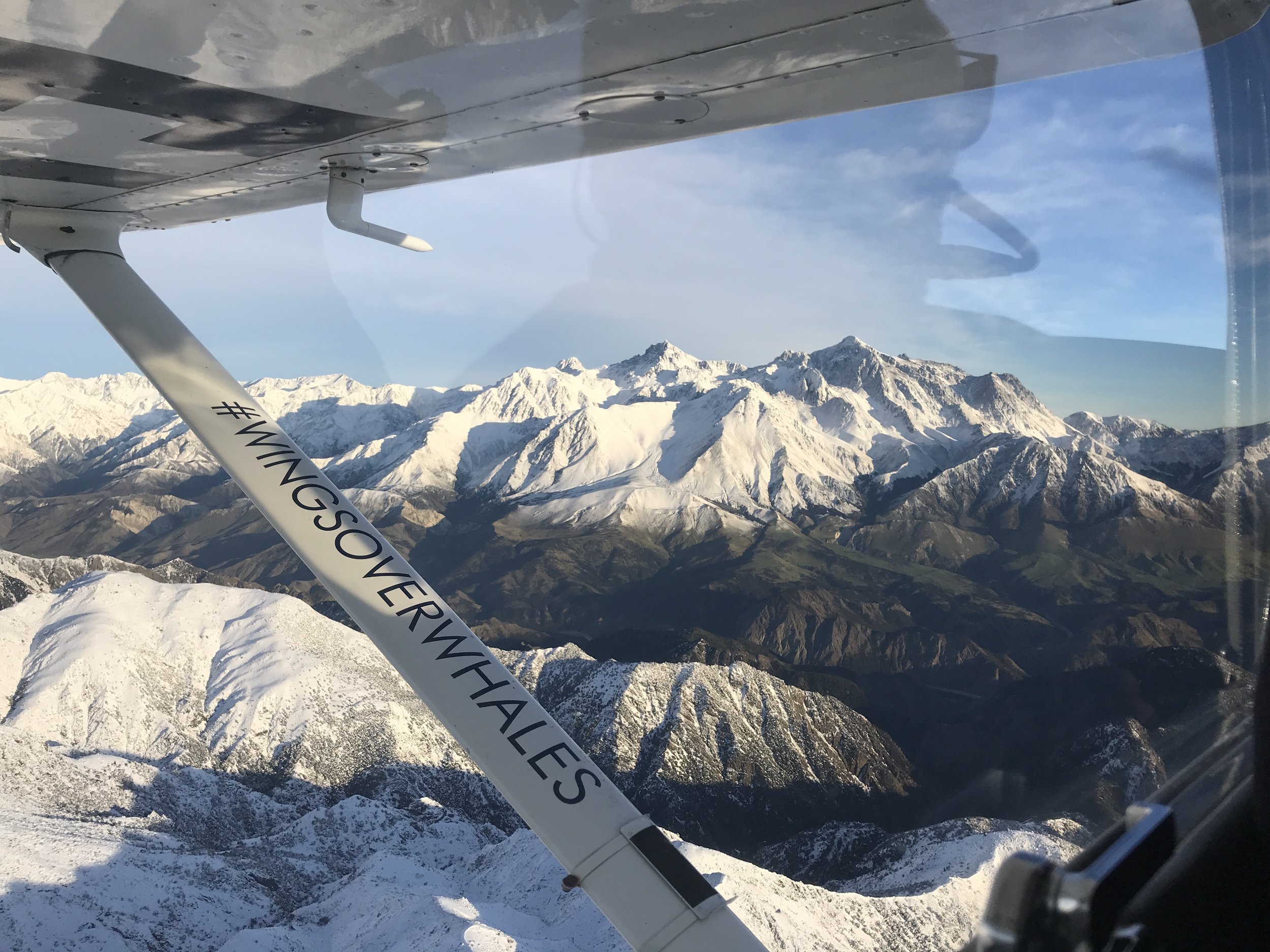Exploring the Meaning of Mindful Travel, Part 1: Choosing Ethical Tour Operators
Saying Goodbye to Bali
Goodbye, sun-drenched jungle and glittering sea. Goodbye endless supply of fresh coconuts and locally grown coffee. I’m sad to leave Bali! This beautiful island certainly left a different impression on me this time around compared to my first visit six years ago. Back in the heyday of my exchange program in Perth circa 2012, Bali was our spring semester getaway. And, like many, many, MANY other young college-age students, we found ourselves in Kuta. It was interesting to say the least, but certainly not an experience I want to relive. I don’t need that many free drinks with questionable ingredients ever again (looking at you, Skygarden). This time, my trip to Bali was more about personal growth and self-reflection. I completed a freediving course, attended a blogging and business retreat (more on that one later!), and spent time in Bali’s cultural epicenter, Ubud. I even snuck away to Nusa Penida for a night to explore some old-school island life. And while it’s certainly true that tourism has caused many problems and changes for this cheerful isle, it has so much to offer for those that are willing to travel mindfully, responsibly, and respectfully.
So, obviously my experience this time was significantly different. I’m sitting on a plane to Perth now, content and energized and recharged and musing about the last few weeks. The trip has sparked a lot of ideas about what it really means to travel mindfully and consciously. Like our day-to-day life, I truly believe we have a responsibility to treat travel as a great gift. It presents us with so many different opportunities and insights. Each new location we visit provides a plethora of tours and activities to participate in, different foods and drinks to try, new sights to see and a variety of accommodations to choose from. It can often be overwhelming to choose what to do unless you have a very clearly defined idea of what you want your holiday to be (which is sometimes, but not always, the case). And once you actually pick what you want to do, how do you know if it’s an environmentally-friendly activity? There is definitely a way to filter through the not-so-nice exploitive tourist fluff to find the most meaningful and eco-friendly activities in every location. I’ve got some ideas for you to make life a bit easier, and I want to share some of my own experiences as well.
How Do You Pick an Ethical, Eco-friendly Tour Operator?
So what makes a tourist activity eco-friendly - as in, how do you decide if it’s a responsible choice or not? You want to support locally-owned businesses that are not only reducing their environmental impacts, but are using their tourism platform to help local communities and raise support for conservation. Sustainable tourism has been defined by the World Tourism Organization as “tourism that takes full account of its current and future economic, social and environmental impacts, addressing the needs of visitors, the industry, the environment, and host communities.”
Okay, great - so how do you know if the operator is doing that? Start asking questions and doing research, whether that be online on the company’s website, on the phone, or in person. Use your resources, as sometimes you can get really good recommendations from friends who have traveled to your destination before or friendly people in your hotel or hostel. If a company is proud of their ethical operations, they’re usually sharing it in print and on social media! If not, your inquiry will show how this is becoming a priority for yourself as a traveler (and hopefully lots of other travelers as well) and the company might start ramping up their green game. Here’s some things to ask about:
1) Environmental Footprint
Does the company discuss ways they are trying to reduce their environmental footprint? Does the activity leave the environment in a worse state than it would’ve been before, and to what degree? Does it involve the production of a lot of waste (food, rubbish, extensive fossil fuel usage)? Or does the company organize local clean-ups of natural areas and refuse to provide plastic water bottles? Look at the way they handle their single-use plastic usage - that can tell you a lot about their environmental standards. You want a company that is trying to offset their carbon footprint.
2) Community Engagement & Support
Does the company emphasize “giving back” to the local community? Do they support local schools or charities? Is the organization locally owned? It can be most meaningful to support a business that is tied directly to the location you are exploring, be it through their employees or the other local businesses they collaborate with. It becomes more meaningful when you get all of the best local knowledge!
3) Group Size
Check out the average group size of the tour. Smaller numbers tend to be less invasive and disruptive to the locals while still providing a boost to the economy. You know those giant tour buses that cruise through from site to site, dumping people to take a few photos before scooping them back up and carting them to the next location? Not exactly the most ethical operation. Folks on these tours don’t even get a chance to interact with the local people or see much of the environment because it is so rushed and crowded. A smaller tour group gives you a better chance to get a local’s experience - the best places to eat and sleep can accommodate you a lot easier if you’re not surrounded by sixty of your closest friends.
4) Environmental Conservation & Wildlife Policies
If you’re venturing out to see wildlife or explore the natural environment, you need to check that the operator has strict policies about wildlife interaction and environmental conservation. This is something I am very passionate about, as I’ve seen my share of money-hungry tour operators go out and ravage the local ecosystem to churn out more dollah bills. NO. No, no no. If you are lucky enough to have the means to go out and experience the natural environment, please make sure you’re doing so with a company that has a passion for preserving their target species/area. You can also look for tours with experiences centered around wildlife rehabilitation facilities or sanctuaries. This will allow you some meaningful encounters without contributing to animal exploitation. This is just as much your responsibility as anyone else’s!
My Experiences
I’ve never really been a tour type of person unless I believe participating in it is a more conducive or environmentally-responsible way to see a new location than trying to do so on my own. I don’t want to put my safety or the wellbeing of any animal or environment in jeopardy just to avoid paying money for a tour, so I try to make my decisions wisely. I am a big proponent for sustainable marine tourism (considering my line of work, this is something that constantly grabs my attention and I am always interested in investigating the development of sustainable tourism). For example, on Nusa Penida, we signed up for a snorkeling tour because there was no way we could’ve made it to these snorkel spots on our own unless we turned into tropical mountain goats with gills. The guide on the boat did unfortunately bring along bread to feed the fish, which I was not okay with - I did not partake, and hope to speak up about this with the owner. But otherwise, it was a really meaningful way to spend the morning. No food or drink was provided (which I loved, I’d rather bring my own!) which meant there wasn’t any packaging waste created. The reef was relatively healthy, and it allowed me to continue on my personal mission of getting in the water as much as I can while most of our coral reefs are still around.
I’ll be writing a few blog posts over the nest few weeks on some of my favorite examples of meaningful tours and operators. I hope it helps with your thought process when you’re traveling and trying to have as minimal of an impact on your surroundings as possible! Travel is way better when you feel good about it. Let’s leave the world a greener place.
If you want to keep following along with my hiccups and successes in the world of eco-travel to find that balance between mindfulness and exploration, feel free to subscribe to my blog newsletter. This was only the beginning of the Mindful Travel series. You’ve gotten an introduction to what I look for in my travel adventures. Next up - a blog about my day tour with a Balinese Cooking Class & Farm Tour. Stay tuned in the next couple of days for that one.
Stay green, humans!
